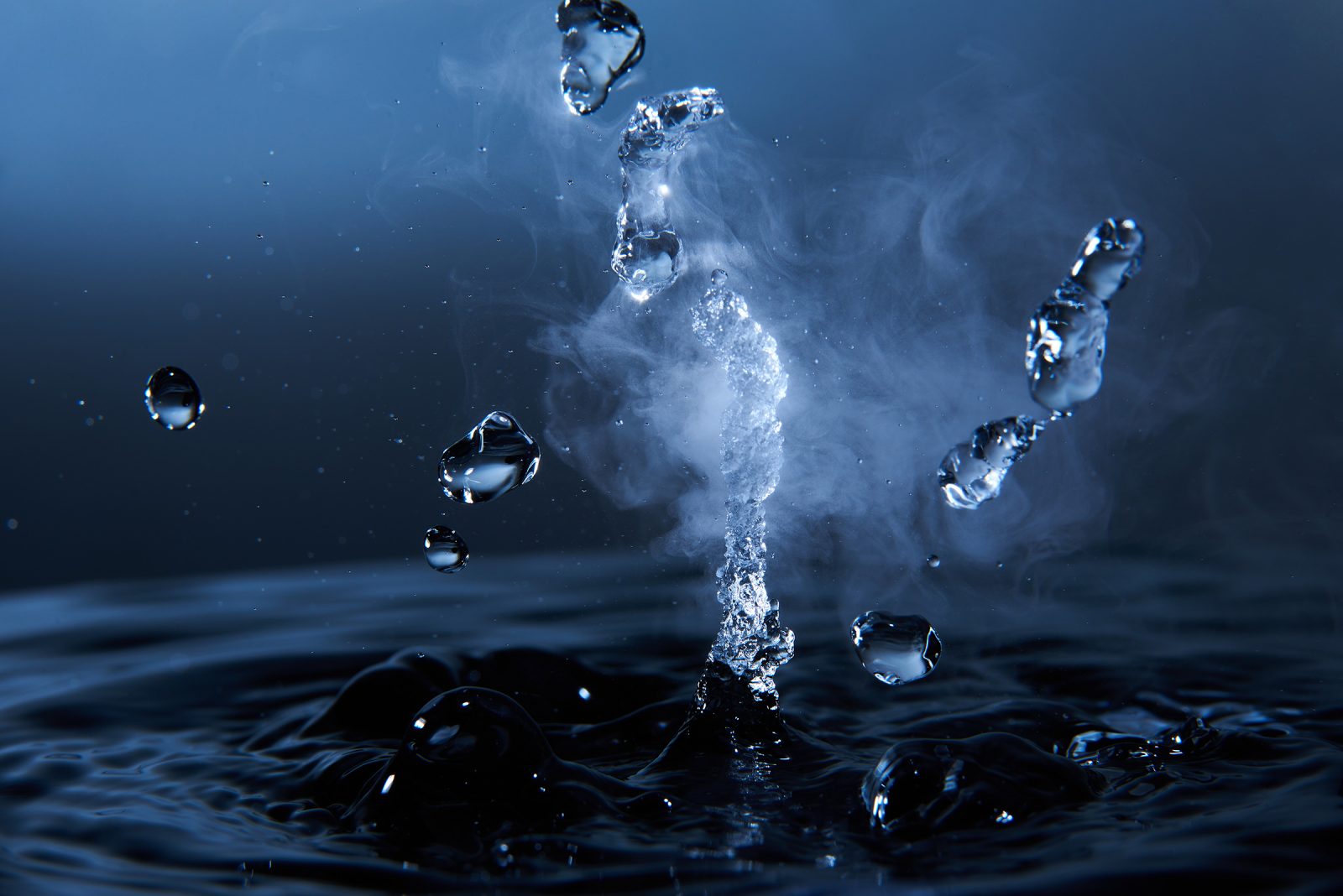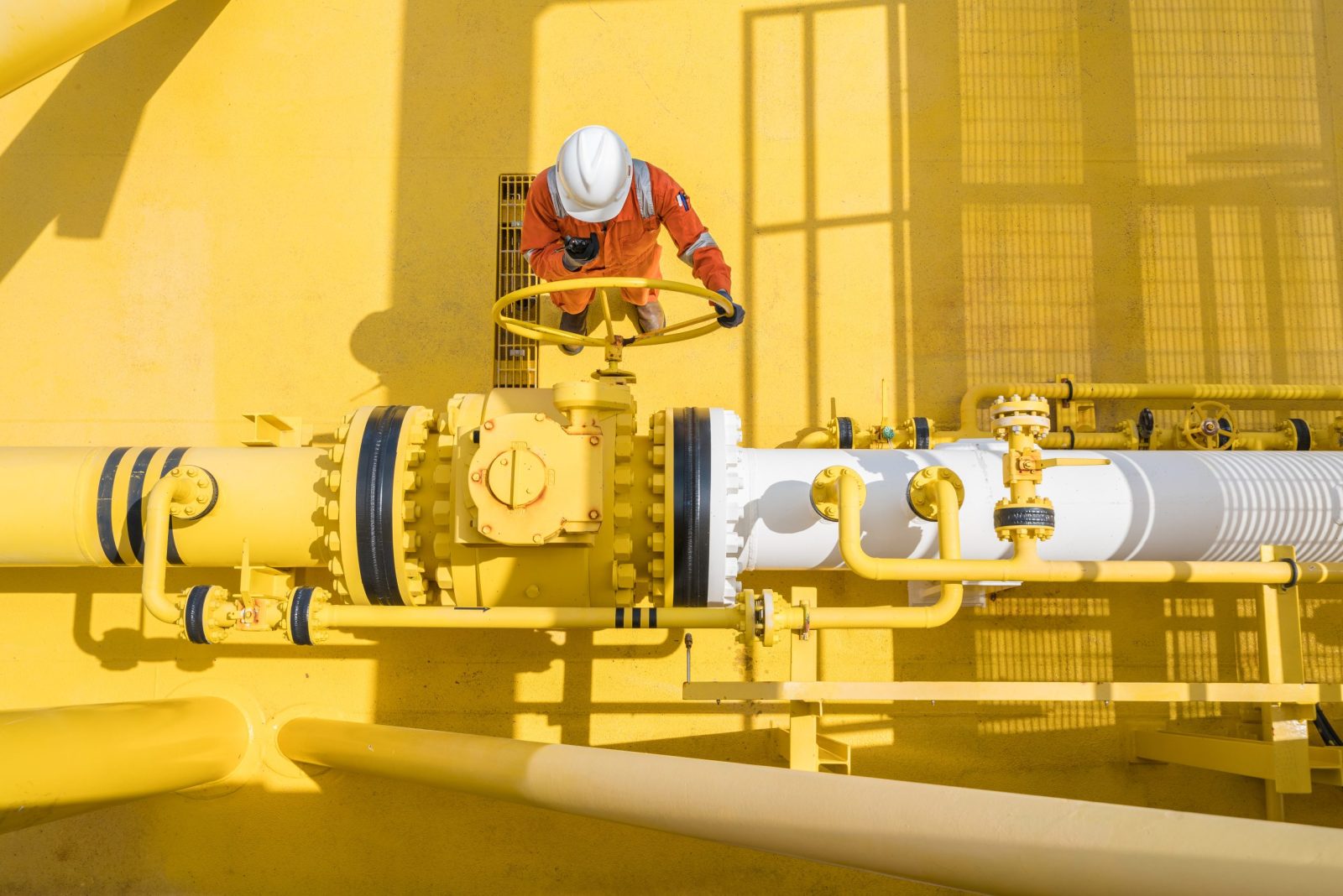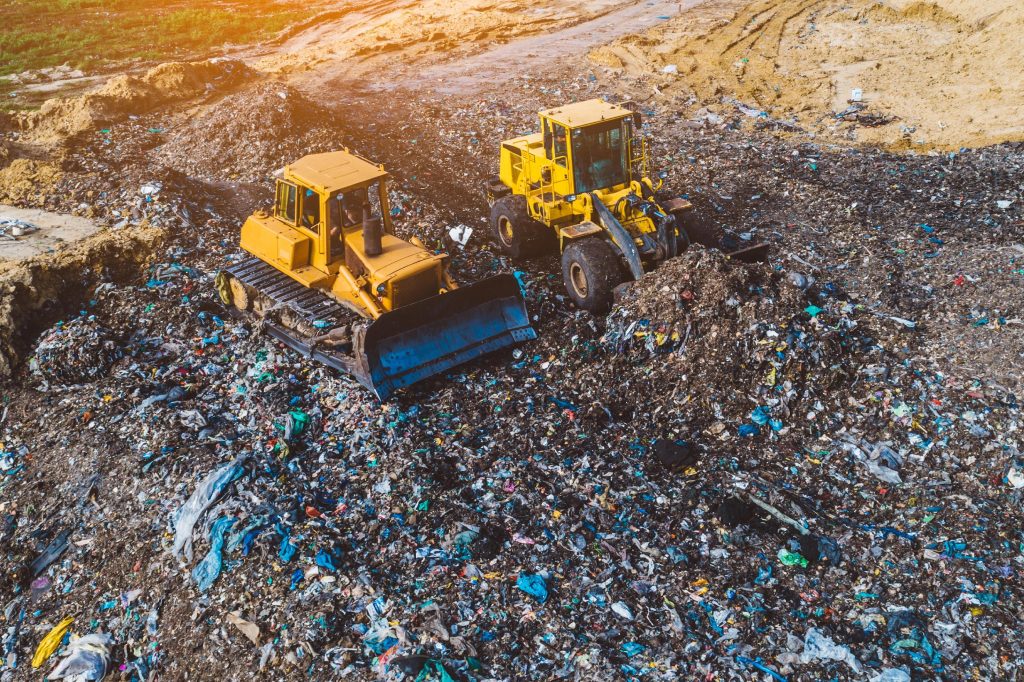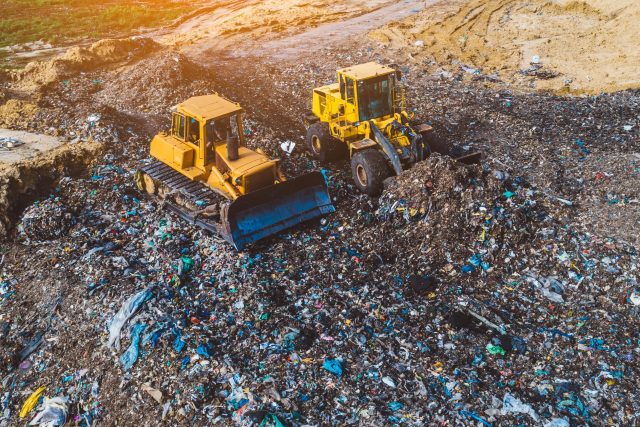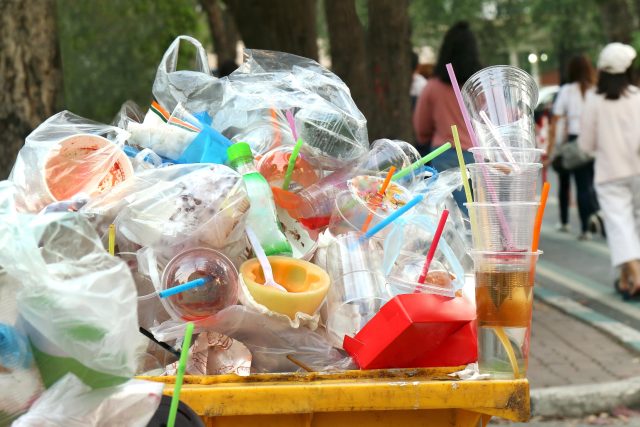Mura’s Target feedstock includes the flexible, multi-layered materials that cannot be processed via traditional mechanical means, such as flexible films and multi-layered plastics, that would otherwise be sent to incineration or landfill.
Direct contact between plastic and supercritical water leads to highly efficient heat transfer, making modular scale-up a simple process. Mura developing both 20kt and 50kt reactors, which can be deployed as multiples.
